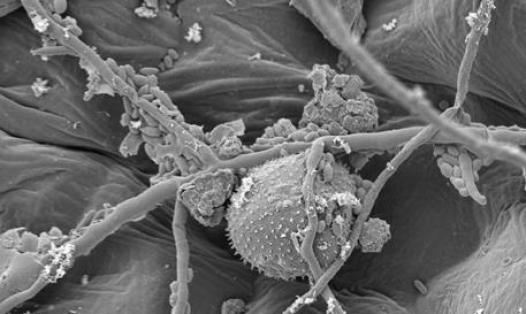


It is increasingly clear that Gram-negative bacteria can overcome antiseptic challenges by remodelling both the lipopolysaccharide rich outer membrane and the inner, plasma membrane. Since membrane active biocides are widely used in the clinic, bacterial adaptions that lead to loss of sensitivity to these antiseptics are becoming common. Compounding this issue, these resulting adaptations can lead to cross-resistance to key components of the human immune system including membrane-active defensin antimicrobial peptides as well as even last-resort antibiotics.
This iCASE studentship project focuses on pssA, a gene annotated as coding for phosphatidylserine synthase, in Pseudomonas aeruginosa. We have recently identified that two mutations in pssA confer resistance in several clinical isolates of this multidrug resistant organism to octenidine and cross-resistance to chlorhexidine, other antiseptics and at least one antimicrobial peptide. It is now essential to understand the role of these mutations in (cross)resistance to a wider range of antiseptics to inform diagnostic and surveillance programmes e.g. in clinical or agricultural settings. Specifically, this project seeks to understand the effects of two known mutations in pssA, the conditions required for these mutations to arise and the mechanisms by which these mutations lead to varying resistance phenotypes in P. aeruginosa isolates of varying clinical origin.